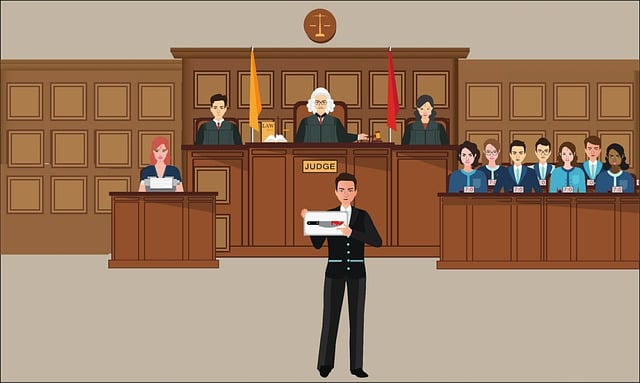In the ever-changing field of legal innovation, understanding drug interactions is vital for navigating Drug Interaction and DUI Law. Society's evolving substance use patterns and technological advancements require careful scrutiny. Drug interactions can significantly impact cognitive abilities, affecting key DUI assessment factors like reaction times and decision-making. Lawyers, judges, and law enforcement must stay informed about scientific developments to ensure fair outcomes, especially when considering blood alcohol levels alongside drug presence. Comprehending pharmacology fundamentals is crucial for defending clients and accurately interpreting evidence in Drug Interaction and DUI Law cases. Tech solutions, including advanced databases, predictive analytics, and blockchain technology, transform Drug Interaction and DUI Law enforcement, enhancing capabilities and safeguarding public safety.
“In an era driven by technological advancements, the intersection of drug interaction, DUI law, and innovative solutions is a dynamic field. This article explores how tech can future-proof legal frameworks governing drug-impaired driving. We delve into the complex web of drug interactions from a legal perspective, examining current challenges within DUI enforcement. By presenting cutting-edge tech solutions, we aim to enhance safety, improve accuracy, and ensure fair legal processes, ultimately shaping a more responsive and effective approach to combating drunk driving.”
- Understanding Drug Interaction and DUI Law: A Legal Perspective
- Tech Solutions for Future-Proofing Drug Interaction and DUI Law Enforcement
Understanding Drug Interaction and DUI Law: A Legal Perspective

In the realm of legal innovation, understanding drug interaction and its implications under DUI (Driving Under the Influence) laws is paramount. As society navigates the ever-evolving landscape of substance use and technological advancements, the intersection of medicine and law demands meticulous attention. Drug interactions can significantly alter a person’s cognitive abilities, affecting reaction times and decision-making processes—a critical factor in DUI cases. Lawyers and judges must stay abreast of these scientific developments to ensure fair and just outcomes.
The legal perspective on DUI involves scrutinizing not only blood alcohol levels but also the presence and effects of prescription or recreational drugs. Interactions between medications can lead to impaired judgment, making it essential for legal professionals to comprehend pharmacology fundamentals. This knowledge enables them to advocate effectively for their clients, consider alternative explanations, and interpret evidence accurately. Staying informed about drug interaction dynamics is a game-changer in defending against DUI charges and ensuring fair treatment in the justice system.
Tech Solutions for Future-Proofing Drug Interaction and DUI Law Enforcement

As technology advances, so too do the complexities of drug interactions and DUI (Driving Under the Influence) law enforcement. Tech solutions play a crucial role in future-proofing these areas, ensuring that law enforcers have access to up-to-date information and accurate tools to make informed decisions. One such solution is advanced digital databases that integrate real-time data on medication interactions, allowing officers to quickly check for potential adverse effects when stopping drivers suspected of DUI.
These tech solutions also include sophisticated predictive analytics that can help identify patterns in drug use and driving behavior, enabling proactive measures to keep roads safe. Additionally, blockchain technology offers a secure and transparent way to manage and verify drug test results, reducing the chances of tampering or fraud. By leveraging these technological advancements, law enforcement can enhance their ability to enforce Drug Interaction and DUI Law effectively, ensuring public safety in an ever-changing legal and medical landscape.
As we navigate an ever-evolving digital landscape, it’s crucial to future-proof legal systems, particularly regarding drug interaction and DUI law. By embracing innovative tech solutions, law enforcement agencies can enhance accuracy, efficiency, and fairness in their operations. These advancements ensure that drug interaction cases are handled with the utmost precision while maintaining a robust legal framework. Through continued collaboration between legal professionals and technologists, we can adapt to new challenges and ensure justice for all.






